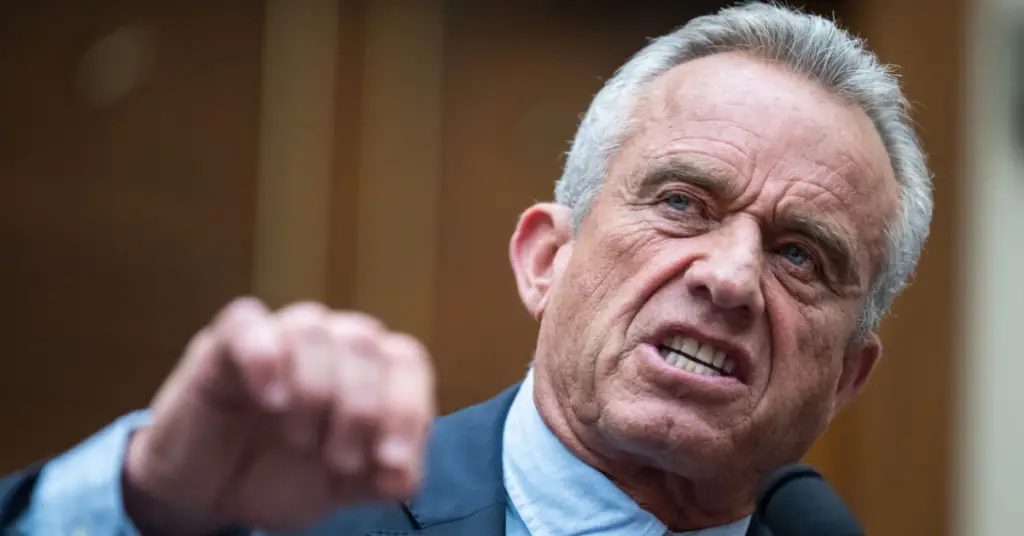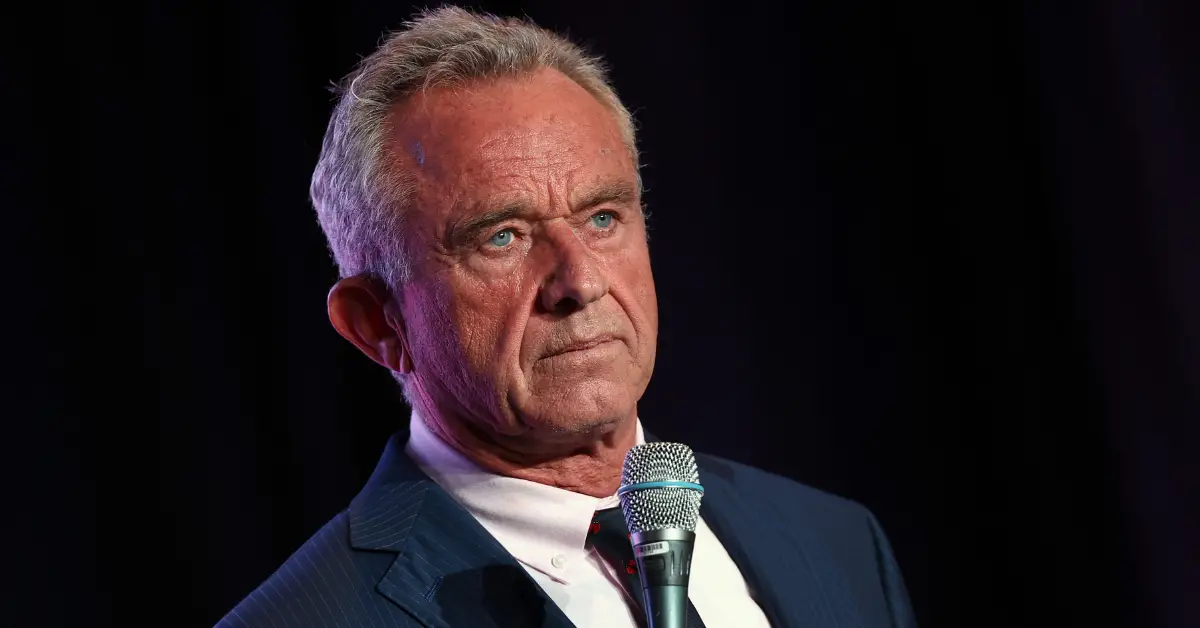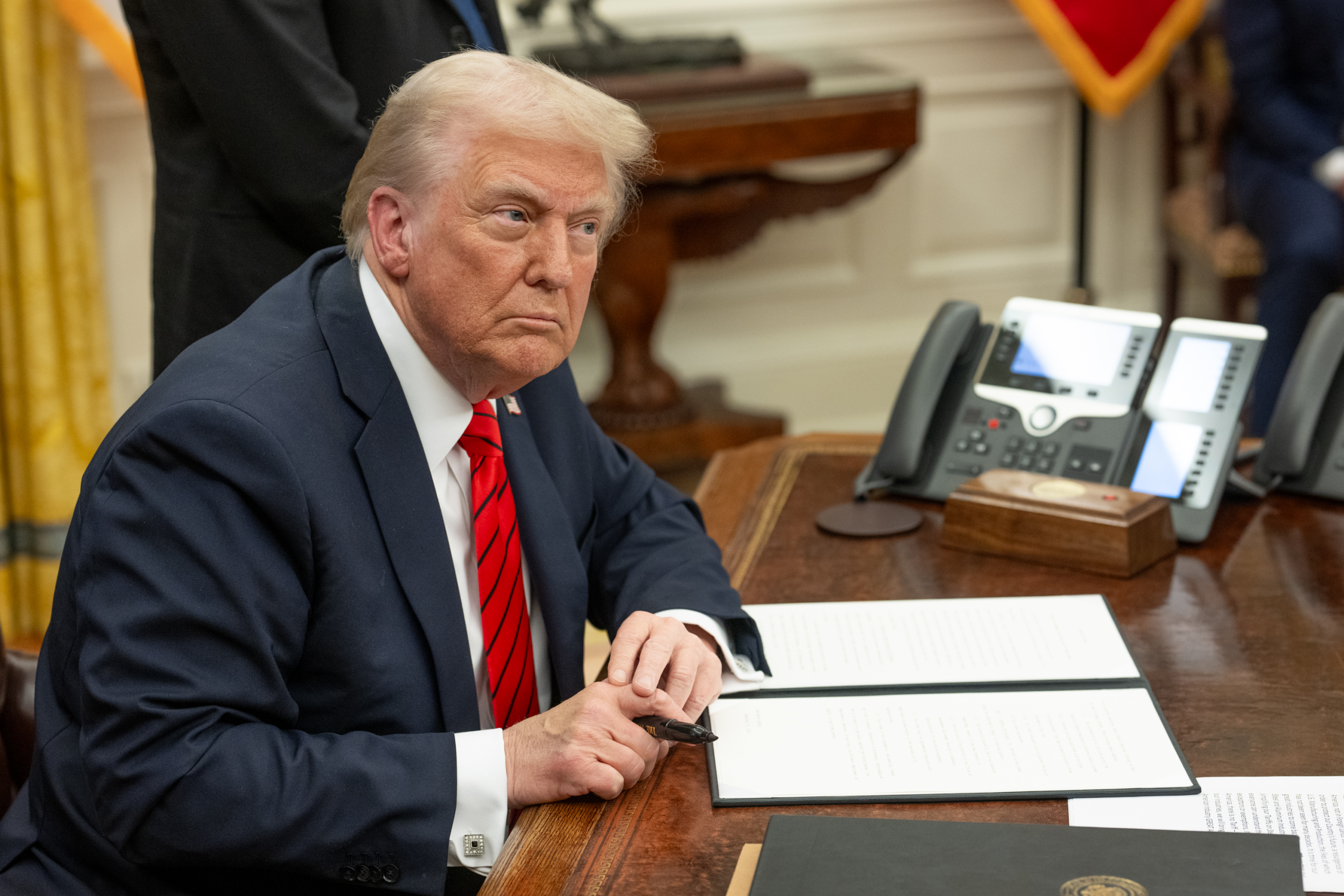After making a tough decision to cut 10,000 jobs from the Department of Health and Human Services (HHS) this week, Secretary Robert F. Kennedy Jr. has now announced that some of the programs and employees that were mistakenly cut will soon be reinstated. Kennedy told ABC News that the goal of these cuts was to streamline the department, making it more efficient and better suited to serve public health and the American people.
However, he acknowledged that during the process, certain important programs and staff members were mistakenly included in the cuts. “There were a number of instances where studies that should not have been cut were cut, and we’ve reinstated them. Personnel that should not have been cut were cut — we’re reinstating them,” Kennedy explained.
While Kennedy did not go into specific details about which programs or employees would be brought back, he pointed out that the cuts made to research and studies were unintentional. The cuts were also not meant to affect essential roles, such as communications or human resources, which were included in the mass layoffs.
“There were some programs that were cut that are being reinstated, and I believe that that’s one,” Kennedy said in reference to a specific program at the Centers for Disease Control and Prevention (CDC) that monitors lead exposure among children and works on prevention efforts across the country.
This program, one of the many affected by the recent cuts, had been gutted just days earlier, sparking concern among public health officials. Despite Kennedy’s comments about reinstating some programs, Erik Svendsen, the director of the division overseeing the CDC’s Childhood Lead Poisoning Prevention branch, told ABC News that he had not received any official communication about the program being reinstated. Svendsen confirmed that the program’s work had come to a halt.
In response to Kennedy’s remarks, HHS later clarified the situation in an updated statement, saying that the CDC program focusing on lead exposure would not be reinstated in its original form. The department explained that the personnel and structure of that specific division would not be brought back, though the work would continue under a different part of HHS. “The work will continue elsewhere at HHS. We are consolidating duplicate programs into one place,” the statement read.
Kennedy’s comments also addressed the broader context of these cuts, explaining that while the plan had been to make cuts of 80%, some mistakes would inevitably occur, and the plan would have to be adjusted. “One of the things that President Trump has said is that if we make mistakes, we’re going to admit it and we’re going to remedy it,” Kennedy said.

Despite the changes, Kennedy reassured the public that the restructuring would not affect essential services or frontline jobs. However, this has not been the experience that has impacted everyone. Svendsen expressed his concern, saying that if the program were to be reinstated, it would be great news for the country and especially for children affected by lead exposure. He emphasized the program’s importance in supporting local health departments in their efforts to prevent and address childhood lead poisoning.
For example, the CDC’s lead surveillance program has been instrumental in identifying cases of lead exposure from consumer products, such as a popular applesauce snack that has caused over 500 cases of elevated blood lead levels nationwide.
The program worked closely with the FDA to recall the snack, preventing further harm. Svendsen also mentioned that the program was scheduled to send a team to Milwaukee, where children had been exposed to high levels of lead in public schools. However, this trip was canceled when the cuts were announced.
Mike Totoraitis, the Milwaukee Commissioner of Health, voiced his frustration over the impact of these cuts. He explained that the city relied on the CDC team to investigate lead exposure in schools and support affected families. “I can tell you that that has real-world implications for here in Milwaukee, as we respond to an ongoing lead crisis in our schools, and it’s difficult to comprehend,” Totoraitis said.
While he expressed hope that the team would be reinstated, Totoraitis also pointed out that many other public health programs were still facing cuts, and the full impact of these changes was yet to be understood.
“This is just one issue area that affects the health of the US residents here, not just lead,” Totoraitis said. “There are plenty of other sections within the CDC that were eliminated that we’re still trying to sift through and understand how that’s going to impact the work here on the ground.”
Kennedy’s announcement about some programs being reinstated comes as part of the broader restructuring effort under the Department of Government Efficiency (DOGE), led by Elon Musk. The cuts, while intended to streamline the government and eliminate waste, have sparked significant concern among public health officials and communities who depend on these critical services. The debate continues about the balance between efficiency and the public health needs of the American people.
Disclaimer: This article has been meticulously fact-checked by our team to ensure accuracy and uphold transparency. We strive to deliver trustworthy and dependable content to our readers.




